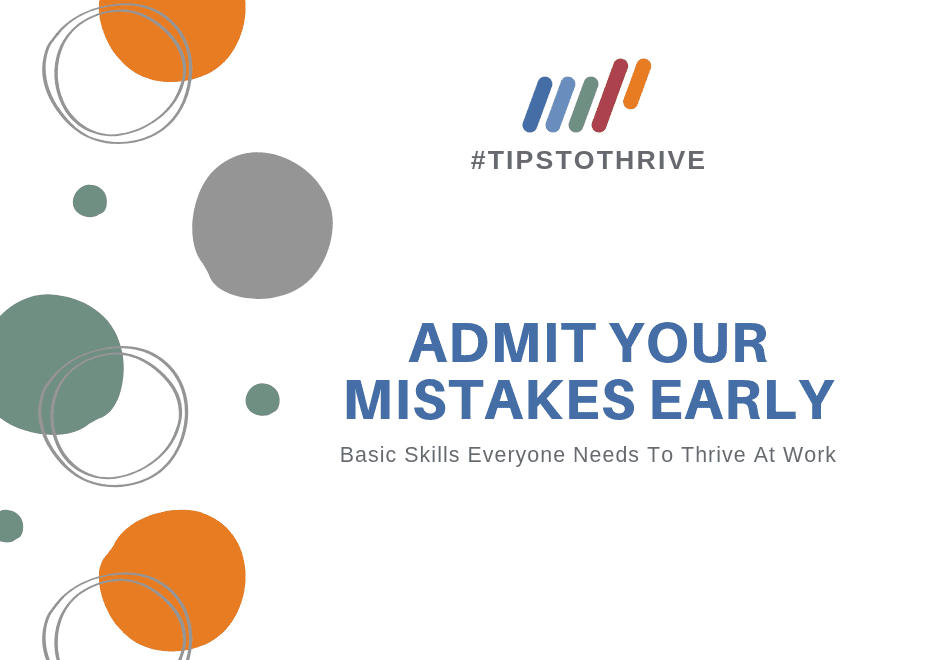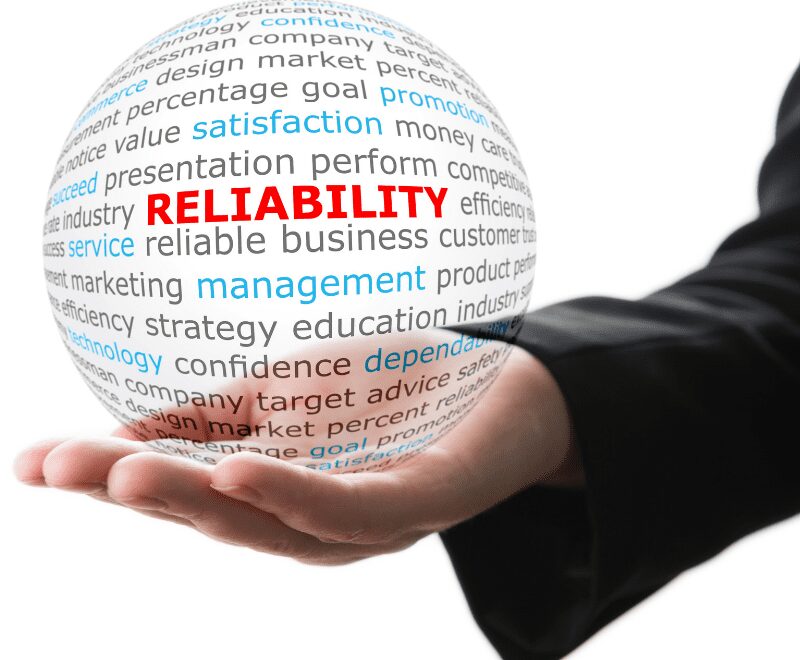Back to Basics: Appropriate Behavior in the Job Search
 It’s amazing how putting a group of different personalities in one space can create such a vibrant and diverse work environment. Different people bring with them new approaches, strengths, and ideas – and employers understand that these things lead to a more well-rounded team as well as improved business results. If everyone was the same, not only would that be boring, but lack of diversity in thought would likely stagnate progress. An important thing to keep in mind, however, is that no matter how different we all are, there is a minimum standard of acceptable behavior that we must adhere to in the world of work – and employers are paying attention to how you conduct yourself in interviews to make sure you can meet that standard. To keep your behavior in check, be mindful of these simple tips when you head to your next interview:
It’s amazing how putting a group of different personalities in one space can create such a vibrant and diverse work environment. Different people bring with them new approaches, strengths, and ideas – and employers understand that these things lead to a more well-rounded team as well as improved business results. If everyone was the same, not only would that be boring, but lack of diversity in thought would likely stagnate progress. An important thing to keep in mind, however, is that no matter how different we all are, there is a minimum standard of acceptable behavior that we must adhere to in the world of work – and employers are paying attention to how you conduct yourself in interviews to make sure you can meet that standard. To keep your behavior in check, be mindful of these simple tips when you head to your next interview:
Show Up on Time to Your Interviews
This tip never goes out of style, and following it is imperative to job search success. When you set an appointment for an interview, the person you’re meeting with has carved out that time especially for you. If for any reason you are running late, cannot keep the appointment, or are no longer interested in the job, it is common courtesy to notify the employer as soon as you can before the appointment. Life happens and things come up – but failing to take the simple step of notifying your interviewer shows a lack of respect for the employer’s time and hiring efforts, and demonstrates that you’re either not taking your job search seriously, or you lack reliability. Reliability is a core trait that employers look for in potential employees, so it is vital that you take the steps needed to show that you have it. Nobody likes to be brushed off or stood up – or hire people that they can’t count on.
Don’t Bring Uninvited Guests
We all like a cheering section, but when arriving for an interview, don’t bring an entourage. If you need the assistance of an authorized support person, that is one thing – but bringing your significant other or friends could negatively impact your candidacy. An interview is a professional occasion and should be treated as such; uninvited guests could be a distraction that draws your interviewer’s attention away from where it should be – on you and all the things that make you the right person for the job. It may also cause the hiring manager to question how seriously you are looking for work, and that is not a concern you want to raise when you’re trying to build a relationship with a potential employer. In addition to interviewing independently, make sure you are following up on your applications independently as well – having someone take this step for you, once again, raises concerns about your level of engagement in the process – and employers can’t discuss that information with anyone but the applicant anyway.
Turn Off Your Cell Phone the Moment You Arrive
Just as you deserve the undivided attention of your interviewer, they deserve your undivided attention as well. To minimize distractions and avoid disrespectful behavior like checking your phone – or worse – taking a call during your interview, turn off your cell the moment you arrive at the interview location. We’ve all become so dependent on our phones that checking it is often like a reflex – sometimes we’re scrolling through our feeds before we even realize it. So even if you put yours on silent with the best of intentions, you’re taking a chance. It’s best to just remove that temptation altogether. The hiring manager will appreciate your attentiveness, and your focus will help you nail those interview questions!
Don’t Try to Argue Your Way into a Job
You’ll never argue your way into a job – in fact, being belligerent or argumentative in the interview is a great way to ensure that you are not given consideration for that job or any other within the company. Soft skills like communication and teamwork are very important in nearly every work environment, so if you cannot express disagreement or difference in opinion tactfully and respectfully within the interview, it doesn’t build any faith in your ability to do so on the job. To preserve your credibility with the employer and keep the hiring process moving in a positive direction, always be respectful and mindful of manners – including what you say and the tone in which you say it.
Whether you are looking for a new job or your next great employee, Manpower is here to help.
Contact one of our staffing experts today!
 |
 |


 Each of us are unique individuals filled with strengths, abilities, weaknesses, and flaws, all stitched together like a quirky quilt. It is that uniqueness that makes us all special, that differentiates us from others, and keeps the world interesting. With that being said, when working with other humans there are times that those quirky traits and differences can create conflict and pose challenges, which is why having a healthy amount of self-awareness is critical to professional success.
Each of us are unique individuals filled with strengths, abilities, weaknesses, and flaws, all stitched together like a quirky quilt. It is that uniqueness that makes us all special, that differentiates us from others, and keeps the world interesting. With that being said, when working with other humans there are times that those quirky traits and differences can create conflict and pose challenges, which is why having a healthy amount of self-awareness is critical to professional success.















 Cats, Dogs, or Reptiles?
Cats, Dogs, or Reptiles? Have you ever played a sport, adult league or back in school?
Have you ever played a sport, adult league or back in school?







 Do you want to experience increased job satisfaction? Have you ever wanted to see your ideas implemented in the workforce or be given more autonomy? What about increasing you long-term earning potential and career longevity? If you answered yes to any of those questions, recognize you have more control over
Do you want to experience increased job satisfaction? Have you ever wanted to see your ideas implemented in the workforce or be given more autonomy? What about increasing you long-term earning potential and career longevity? If you answered yes to any of those questions, recognize you have more control over 
 Personal accountability isn’t just about owning up to mistakes; it’s also about recognizing that you are in control of your actions, behavior, and attitude – and then taking the next best step to move forward in a productive manner. Recognizing this will serve you well and help you succeed in many areas of life, and your job search is no exception. By holding yourself accountable in your search for work and taking ownership of the factors within your control, you can greatly increase your chances of landing a job that is well-suited to your skills. Plus, it will help increase your confidence by reminding you that you have the power to influence your career and your future. Here are some simple personal accountability tips to keep in mind during your job search:
Personal accountability isn’t just about owning up to mistakes; it’s also about recognizing that you are in control of your actions, behavior, and attitude – and then taking the next best step to move forward in a productive manner. Recognizing this will serve you well and help you succeed in many areas of life, and your job search is no exception. By holding yourself accountable in your search for work and taking ownership of the factors within your control, you can greatly increase your chances of landing a job that is well-suited to your skills. Plus, it will help increase your confidence by reminding you that you have the power to influence your career and your future. Here are some simple personal accountability tips to keep in mind during your job search: